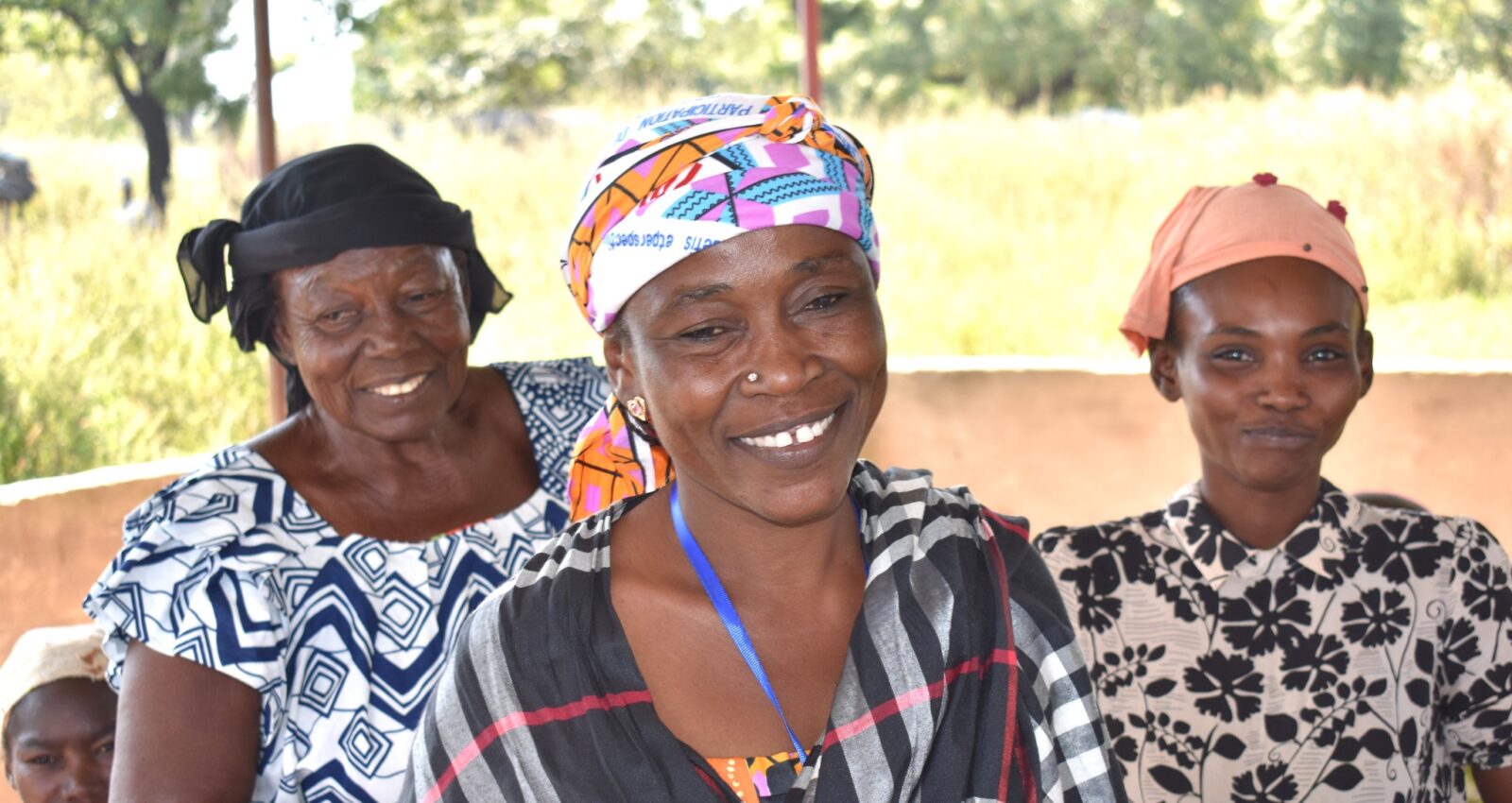The United Nations Women’s Peace and Humanitarian Fund (WPHF) is mobilizing new resources for local civil society organizations and women activists in Chad working to ensure accountability on Women, Peace and Security (WPS) commitments, increase women’s leadership in humanitarian planning and response efforts, and protect the safety, security, mental health and rights of women and girls.
WPHF is supporting local women’s organizations in Chad working on projects contributing to the following impact areas:
- Impact Area 1: Enabling Environment for WPS
- Impact Area 3: Humanitarian and Crisis Response
- Impact Area 5: Protection of Women and Girls
What’s happening in Chad?
Chad is currently grappling with numerous security challenges at home and along its borders with neighboring countries like Sudan and the Central African Republic (CAR), where fighting continues to escalate. Increasing attacks by non-state armed actors and inter-community conflicts have resulted in massive displacement, stretching the country’s already limited resources and spurring tensions between refugees, internally displaced people (IDPs), and host communities.
Climate change has also become a major driver of insecurity and violence in countries across the Lake Chad Basin, where drought, floods and extreme weather have dramatically increased competition for natural resources, fueling conflict, extremism and food insecurity in one of the world’s most vulnerable countries to climate-related disasters. The United Nations Office for the Coordination of Humanitarian Affairs (OCHA) estimates that 6.9 million people will be in need of assistance by 2023, of whom 4.4 million will require humanitarian assistance.
What is the situation for women and girls in Chad?
The frequency, intensity, and scale of humanitarian emergencies across Chad, as well as the fragile security situation in neighboring countries and growing strength of armed groups, have multiplied the risks women, girls and young people face in this landlocked country in central Africa, which now hosts over 715,000 Sudanese refugees and Chadian returnees, of whom 75% are women and girls.
Child marriage and female genital mutilation remain highly prevalent across the country, two practices that often force girls to drop out of school and make it difficult for them to maintain a job or meaningfully participate in public and political life. Given that most of Chad’s economy relies on agriculture, women’s limited access to land and natural resources also hinders their economic empowerment and independence.
Despite these challenges, women leaders and their civil society organizations across the country have been actively involved in peace and humanitarian efforts, promoting and safeguarding women’s rights, and promoting their participation in decision-making – yet they lack the resources to do so. In 2023, Chad adopted its first National Action Plan (NAP) on the implementation of UN Security Council Resolution (UNSCR) 1325 for the period of 2023-2027, aiming to enhance the role of women in peacekeeping and conflict resolution processes and addressing the impact of internal conflicts and spill-over effects from other conflicts in the region, particularly on women and girls.
Why is it important to support local women’s organizations across Chad?
In the face of growing political instability, exacerbated gender-based violence and acute food insecurity, women-led and women’s rights civil society organizations are playing vital roles on the front lines of the humanitarian crisis in Chad, ensuring the mental, physical, and economic wellbeing of conflict-affected communities while contributing to a better understanding of the issues involved in the holistic management of gender-based violence. Channeling funds to these grassroots women’s groups will allow them to assume a greater leadership role in the response to the crisis, strengthening their role as key humanitarian players – both at the local and national level – and scaling up their peacebuilding work on the front lines.
